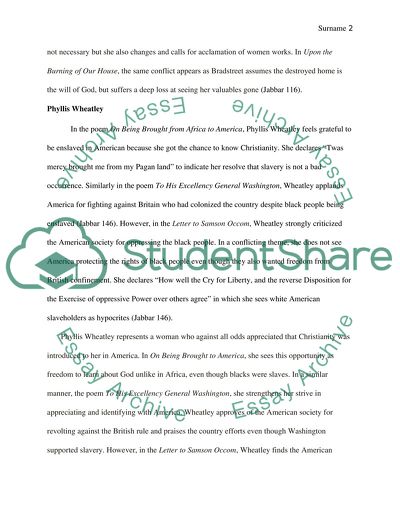Cite this document
(“Discrimination in The US Literature Assignment Example | Topics and Well Written Essays - 2250 words”, n.d.)
Discrimination in The US Literature Assignment Example | Topics and Well Written Essays - 2250 words. Retrieved from https://studentshare.org/literature/1641863-discrimination-in-the-us-literature
Discrimination in The US Literature Assignment Example | Topics and Well Written Essays - 2250 words. Retrieved from https://studentshare.org/literature/1641863-discrimination-in-the-us-literature
(Discrimination in The US Literature Assignment Example | Topics and Well Written Essays - 2250 Words)
Discrimination in The US Literature Assignment Example | Topics and Well Written Essays - 2250 Words. https://studentshare.org/literature/1641863-discrimination-in-the-us-literature.
Discrimination in The US Literature Assignment Example | Topics and Well Written Essays - 2250 Words. https://studentshare.org/literature/1641863-discrimination-in-the-us-literature.
“Discrimination in The US Literature Assignment Example | Topics and Well Written Essays - 2250 Words”, n.d. https://studentshare.org/literature/1641863-discrimination-in-the-us-literature.


